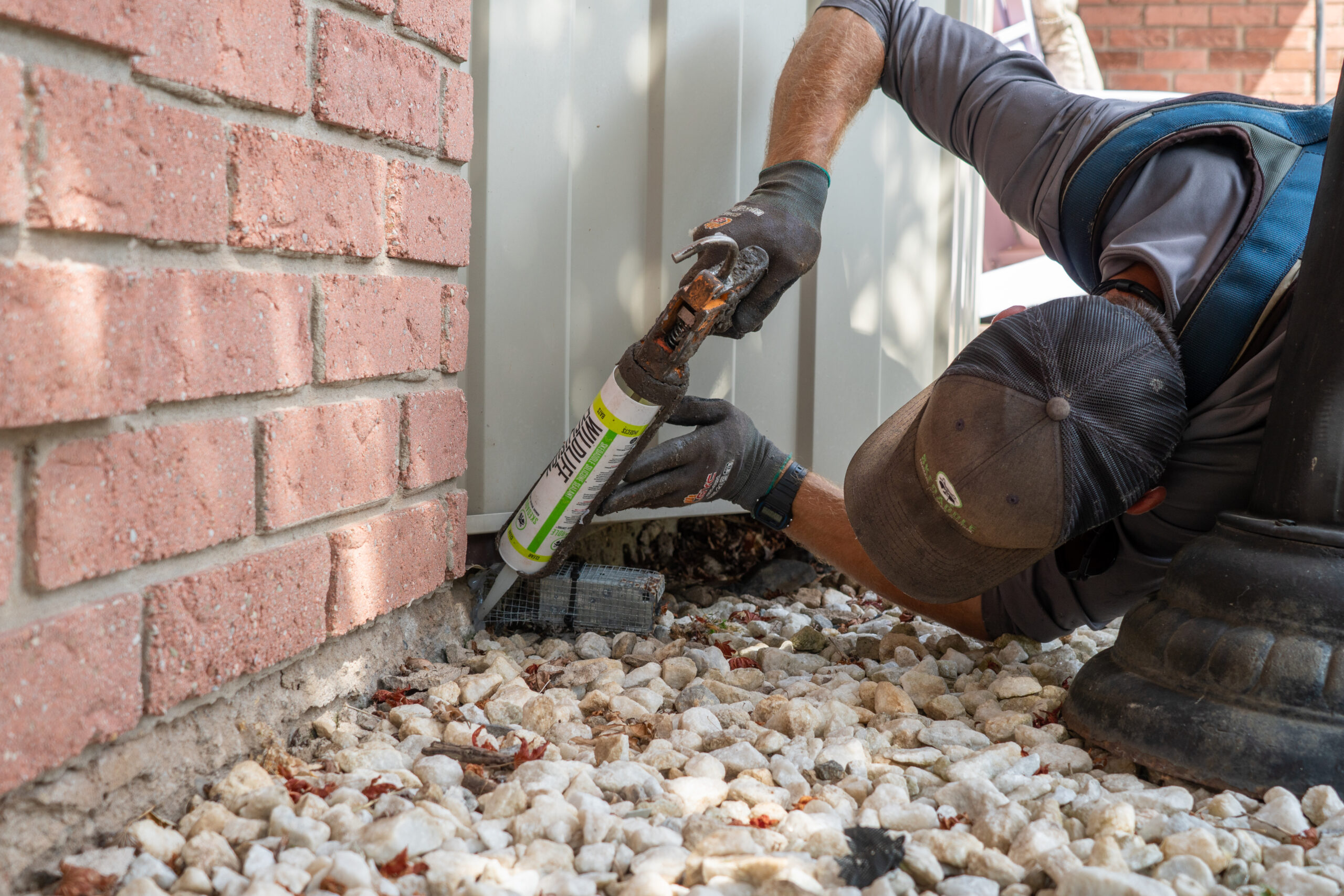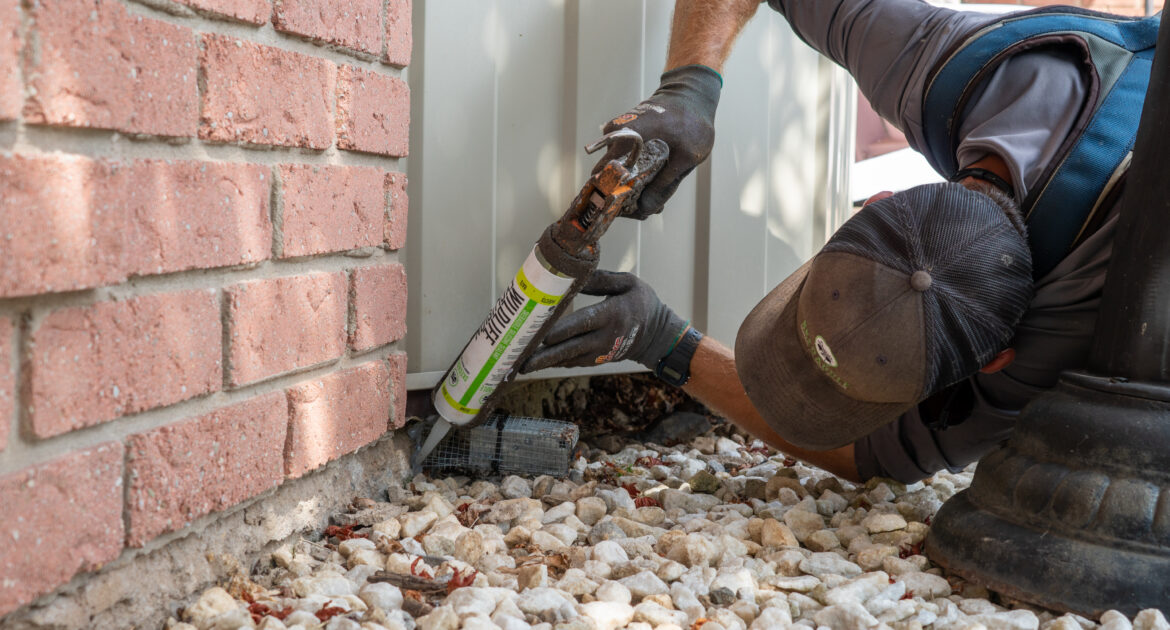Rodents belong outside with other wildlife, not indoors with you and your family. Still, mice and rats often make it indoors because of poor seals and vulnerable entries. Once inside, food, water, and shelter encourage and motivate rodents to establish a colony.
Rodent colonies quickly multiply and spread throughout a house, often into the wall cavities. Because of the number of rodents, most home infestations require services specializing in mice removal in Vaughan.
Unfortunately, rodents are sneaky, and many homeowners don’t realize they have a problem until colonies reach significant population counts. To avoid rats and mice overrunning your home, learning the signs and sounds of infestations and the significance of wildlife control services is worthwhile.
Signs Rodents Are in Your Walls
When trying to figure out why do I have mice in the summer, you must remember that rodents are most active in warmer weather. Also, rodents are adept climbers, and their skeletons and bodies are incredibly flexible. Because of these unique characteristics, mice and rats can find their way into your home’s wall cavities through utility pipes, wires, cracks, gaps, vents, etc.
Thankfully, while mice and rats are sneaky nocturnal creatures, they leave signs of their presence. The most apparent signs of rodent infestations are droppings and chew marks. You may also notice disturbed insulation or grease trails along baseboards.
Rodents can also produce a distinctive smell or odour, especially when gathering in large numbers. The scent is from extensive droppings and urine and smells of ammonia.
Sounds of Mice and Rats
Most homeowners hear rodents before seeing them or noticing any sign of them. A few distinct sounds are attributed to rodent infestations: scurrying, scratching, gnawing, and squeaking.
Scurrying refers to the sound of quick movement across an area. The sounds may come across as dull, tiny thuds within a wall, and they may travel to different locations or rooms.
Unlike scurrying, scratching noises tend to stay in one location. The noises typically indicate a rodent is digging, climbing, or crawling.
Gnawing sounds are similar to scratching but less clawlike. Rats and mice must constantly chew to file down their teeth, which never stop growing.
Finally, mice and rats squeak to communicate. Squeaking may come in quirk chirps or more prolonged noises.
If you have a rodent infestation, the sounds will occur in the evening. Rats and mice are nocturnal, so the daytime should be relatively quiet.
DIY Strategies Versus Professional Wildlife Control
A rodent infestation is problematic, and it is natural to want to remove or resolve the issue quickly. Unfortunately, the stress and fear of the situation can motivate homeowners to take rash action.
Home improvement centers sell a variety of traps and poisons for rodents. Worried homeowners may take a DIY approach to rodent control that is both inhumane and ineffective. Traps and poisons do not work to control an entire rodent population; they only harm a few animals — possibly your own.
Professional and humane wildlife control is the only practical solution for rodent infestations. Using exclusion methods and industry knowledge, the experts deter and repel the rodent population. The process can take several days, depending on the size of the infestation, but when complete, your home is once again yours alone.
Skedaddle Humane Wildlife Control
Mice belong outside and at a safe distance from you and your family. The animals may not mean harm, but when they get into your home, they are destructive and create several safety hazards. Skedaddle Humane Wildlife Control works to ensure residential and commercial properties maintain a safe and distinctive barrier between nature and manufactured shelter. If you notice signs or sounds of mice or rats in your home, contact Skedaddle Humane Wildlife Control to schedule a property inspection and get rid of mice.




